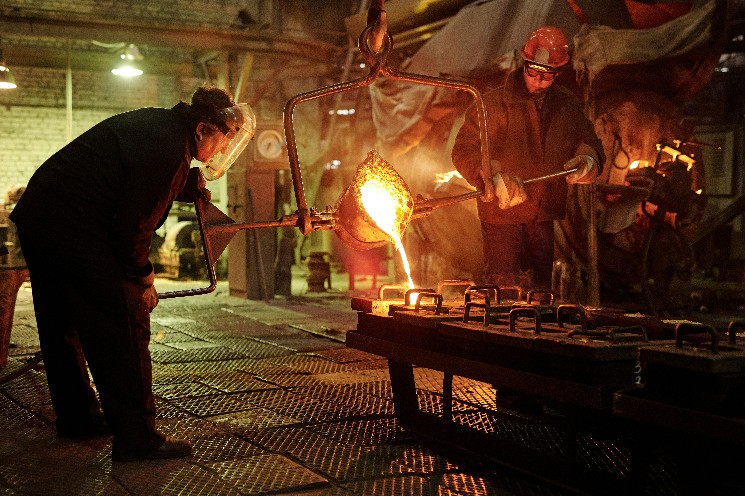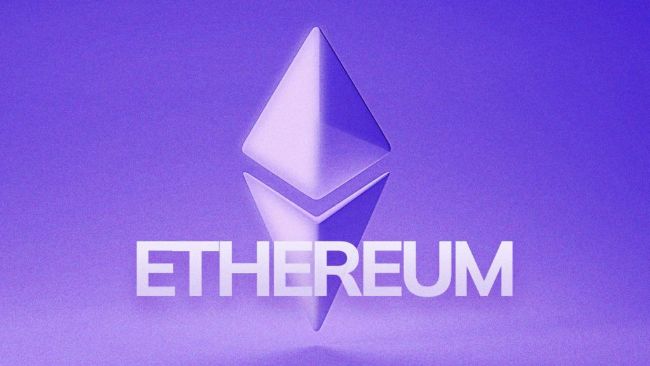- With many projects getting ready for TGEs, the eight-year fund I is on target to deploy the remaining funds by the end of the year.
- The Stanford ecosystem is the primary source of pre-seed and seed-stage blockchain founder investments made by Blockchain Builders, a venture fund.
The Stanford blockchain ecosystem’s venture fund, Blockchain Builders, has announced that its $28 million Fund I, which was oversubscribed, has been successfully closed. The pre-seed and seed-stage fund makes investments in outstanding innovators from other prestigious universities as well as Stanford’s trailblazing crypto community.
Gil Rosen, Kun Peng, and Steven Willinger, three Stanford graduate students, founded the fund, which has invested more than $16 million in 40 blockchain projects including AI, Infrastructure, Defi, DePIN, Payments, and RWAs.
With many projects getting ready for TGEs, the eight-year fund I is on target to deploy the remaining funds by the end of the year. The modular AI blockchain 0G (Hack VC, Bankless, Delphi Digital), the open-access AI cloud Hyperbolic (Variant, Polychain, Topology), the blockless Layer-1 Pod (a16z, 1kx), and the supercomputer venture Nexus Labs (Lightspeed, Pantera, Dragonfly) are notable portfolio companies.
Co-founder Kun Peng stated:
“Blockchain Builders was born from our firsthand experience scaling the Stanford blockchain ecosystem. We started Stanford’s Blockchain Accelerator, teach MS&E 447 Blockchain Entrepreneurship, and produce the Blockchain Application Stanford Summit (BASS) conference series – these initiatives have supported over 200 founders, 400 students, and nearly 5000 cumulative attendees, and provide a deep network to inspire, support, and mentor new founders for success.”
Babylon founder Professor David Tse said:
“Stanford has an extensive history of blockchain research and innovation including the Tse Lab that I run, the Center for Blockchain Research, and coursework like my EE 374 course on blockchain infrastructure. It’s also responsible for the BASS events and MS&E 447 entrepreneurship course, while the Stanford blockchain accelerator has helped further nurture its founder ecosystem and the number of blockchain startups launching.”
The fund’s management has a wealth of knowledge in both conventional finance and cryptocurrency. Previously, Willinger worked in product and partnerships at Blockstream and Google / Google X, managed Coinbase Ventures, and made investments at Capital One Ventures. A frequent angel investor, Rosen bootstrapped a company with 100 employees and built distributed compute infrastructure for the IRS, JPMorgan, and the London Stock Exchange before leaving to work for the AI platform NGData. On the other hand, Peng has a wealth of founding experience in web3 that includes infrastructure, NFT, DeFi, and crypto analytics and indexing.
Co-Founder Gil Rosen stated:
“Our deep Stanford ties give us early access to high potential founders who value our hands-on approach. We roll up our sleeves and dive into the details of strategy, GTM, and fundraising – positioning them optimally for competitive follow-on rounds led by tier-1 investors.”
The team is working with the Ethereum Foundation, Solana, Starkware, BASE (Coinbase), and others to support founders across the country as it looks to Fund II. It is also extending its support to the new IC3-Cornell accelerator, which includes Berkeley, Carnegie Melon, Princeton, Yale, and UCL.
The Stanford ecosystem is the primary source of pre-seed and seed-stage blockchain founder investments made by Blockchain Builders, a venture fund. Under the direction of seasoned builders and operators who are enthusiastic about early ventures, the team adds practical assistance to its capital commitment to guarantee founder success. In order to develop the next generation of Blockchain Builders, the team is working on projects like Stanford’s Blockchain Accelerator, the BASS conference series, MS&E 447, and strategic alliances with top universities.














Leave a Reply